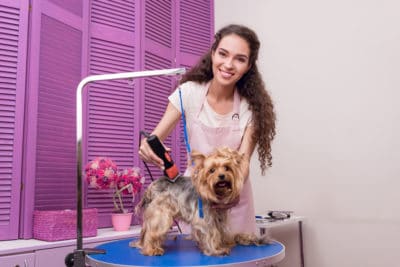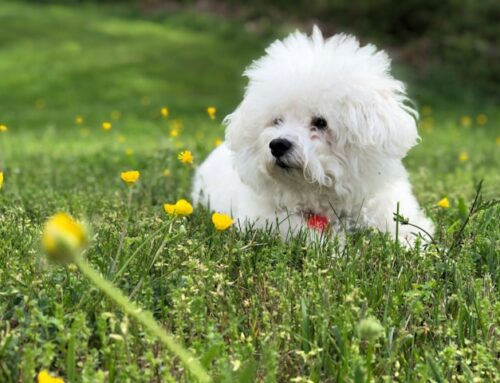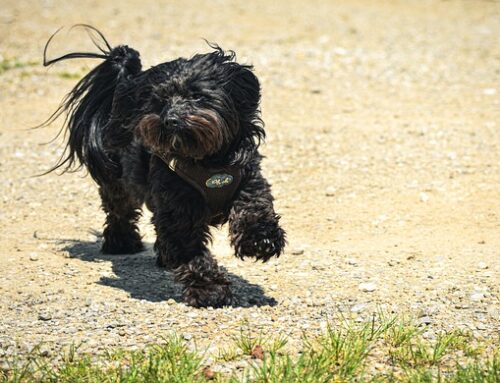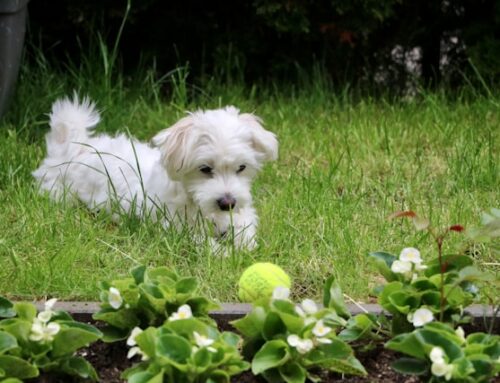 When you’re bringing in a new furry member of the family, it’s always important to do your research and make sure the breed is the right fit for you. If you’re considering a small breed dog, whether for space issues or just because they tend to be cheaper on food costs, here are five ways to take care of your tiny pup.
When you’re bringing in a new furry member of the family, it’s always important to do your research and make sure the breed is the right fit for you. If you’re considering a small breed dog, whether for space issues or just because they tend to be cheaper on food costs, here are five ways to take care of your tiny pup.
1. Make regular vet checks a priority
Smaller dogs tend to live longer than larger breeds, which means it’s important to make their health care a priority starting in the puppy years. Establishing a long-term relationship with your vet ensures that they’re better able to spot issues that come up at yearly well checks. Small breeds like Teacups often need regular dental cleanings or care performed at the vet’s office and may be more prone to weight-related issues that can be identified and dealt with faster when you’re keeping up with your pup’s appointments.
2. Be aware of temperature sensitivities
Small breed dogs are more sensitive to the heat and the cold, which means they may need to spend more time indoors during the summer or winter months. If you plan on keeping your dog shaved for easier grooming, you may need to invest in some sweaters even for the indoors if you live in a cooler climate. Make sure to provide plenty of shade and water and a way to come inside in the warmer months, as small breeds tend to overheat easily.
3. Pay special attention to dietary needs
While putting on a couple of pounds over the holidays isn’t a big deal for humans or even a larger breed dog, it can put a serious strain on a small breed. For example, a Yorkie who should weigh 7 pounds but weighs 9 is more than 20 percent over ideal body weight. This kind of excess weight puts these dogs at risk for fractures and joint issues. Help your dog stay at a healthy weight by feeding a vet-recommended food according to the instructions and keeping treats to a minimum.
4. Focus on socialization
Smaller breeds can get a bad reputation for being nippy or yappy, and this isn’t entirely undeserved. Help your toy breed break the stereotype by focusing on socialization during the puppy years. It’s important for your new puppy to be around as many new people, animals and environments as possible in those early months. (Make sure to follow your vet’s recommendations for socialization with other dogs or at dog parks until your pup is fully vaccinated.) A strong socialization background and plenty of consistent training and boundaries when it comes to nipping and barking makes your dog more enjoyable to be around and keeps them from developing anxiety or other problem behaviors.
5. Prepare for physical limitations in older dogs
As your small breed dog ages, you’ll have to make some changes around the house to accommodate limitations with mobility or eating. This could mean creating a doggy step stool to help them be able to get up on the couch or bed, and many small breeds have dental problems that result in tooth loss and needing a soft, wet diet in the later years.
If you think a small breed dog is the right fit for you and you’re prepared to provide the care and attention these tiny pups need, Ohio Puppies Online can help you take the next step toward adding to your family.




